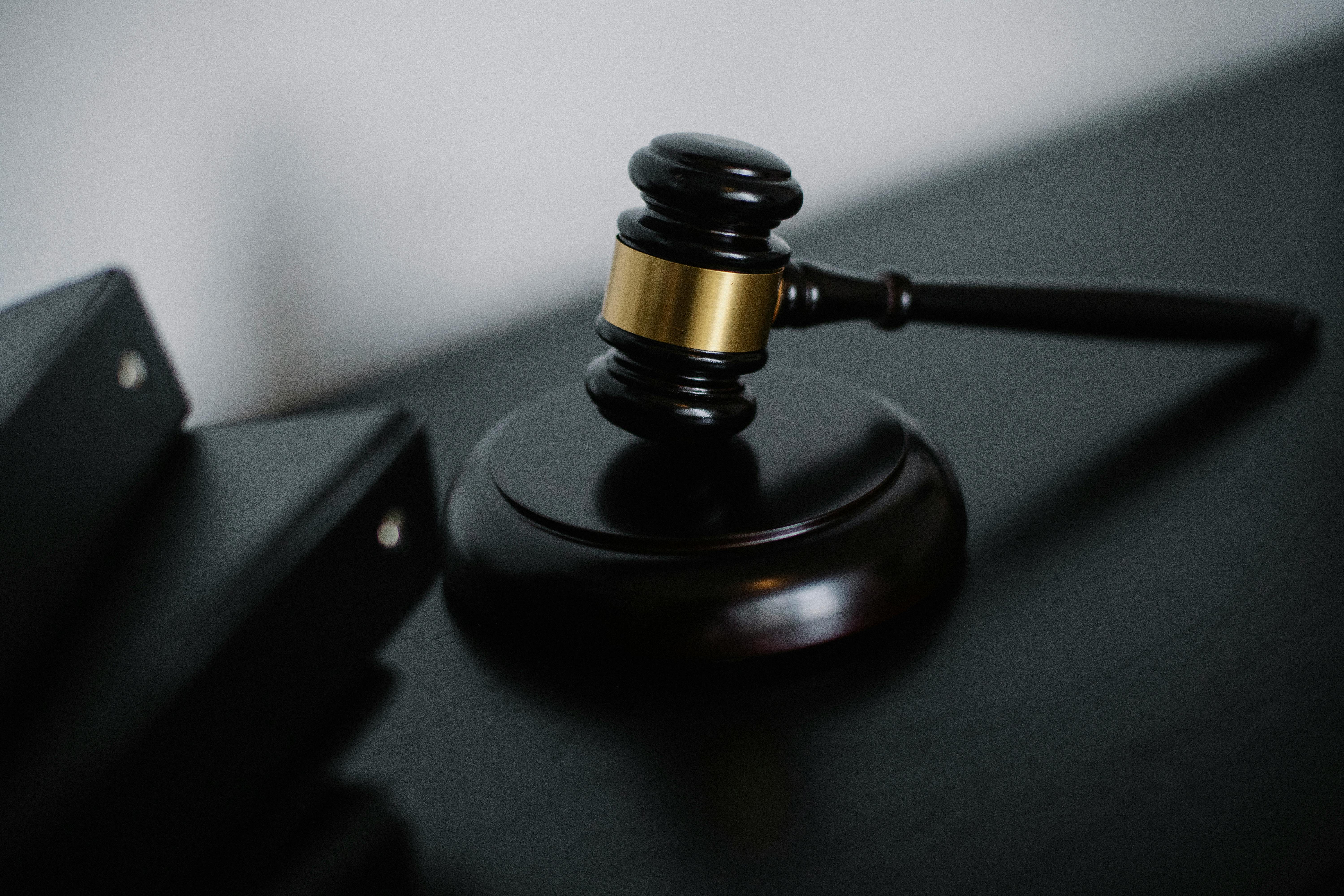Asset forfeiture bill is bad for state
Published 8:08 pm Wednesday, January 30, 2019
Civil asset forfeiture is a controversial issue, with good folks on both sides of the argument. Under state law, if a person is suspected of a crime, their property can be seized by law enforcement. They do not have to be found guilty or even have charges brought against them.
To make matters more complicated, the forfeited property (including cash) does not have to belong to the person suspected of a crime. Innocent property owners can get caught up in the forfeiture process if law enforcement believes their property has been used in a crime.
The seized property can be used to pad the budgets of law enforcement agencies.
Trending
Mississippi is not alone in this practice. It is a common tool used to fight crime across the nation, but it’s one that has drawn scrutiny due to allegations of abuse.
A bill filed this legislative session seeks to revive a type of forfeiture called “administrative” asset forfeiture. This practice allows law enforcement agencies to seize and keep property valued at less than $20,000, and if the property owner does not contest and claim interest in the property in 30 days, the government essentially “wins” the case without a judge’s or jury’s input. This practice forces the property owner to sue in order to contest the forfeiture.
If the seized property is valued at less than what attorney and court costs would be to fight to keep it, then it makes no sense to fight it. Poor people caught up in this practice will also lack the money to hire an attorney to fight for their property.
Just a couple years ago, Mississippi tightened its civil forfeiture laws by requiring warrants in order for property to be seized. A new law also created a searchable website where records of seized property are kept.
It would be a shame to see the state take a step backward when it comes to this issue. Private property rights are an essential piece of what constitutes freedom in this country. If the government can take what is yours and then place the burden on you to fight to keep it, is that really freedom?
We don’t think so.





